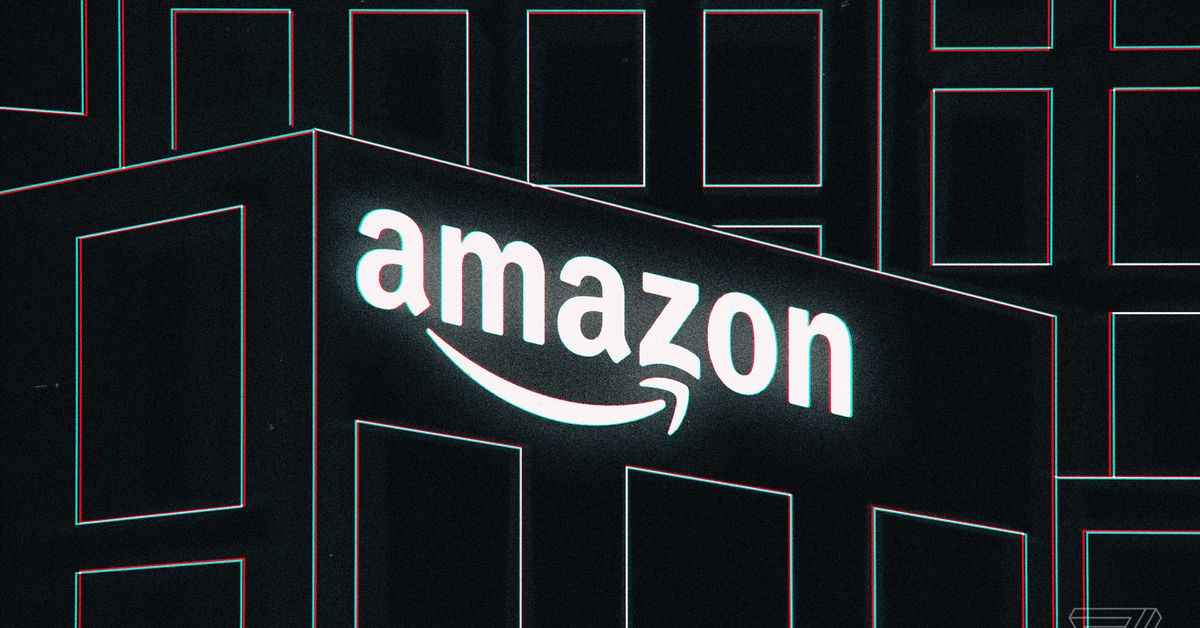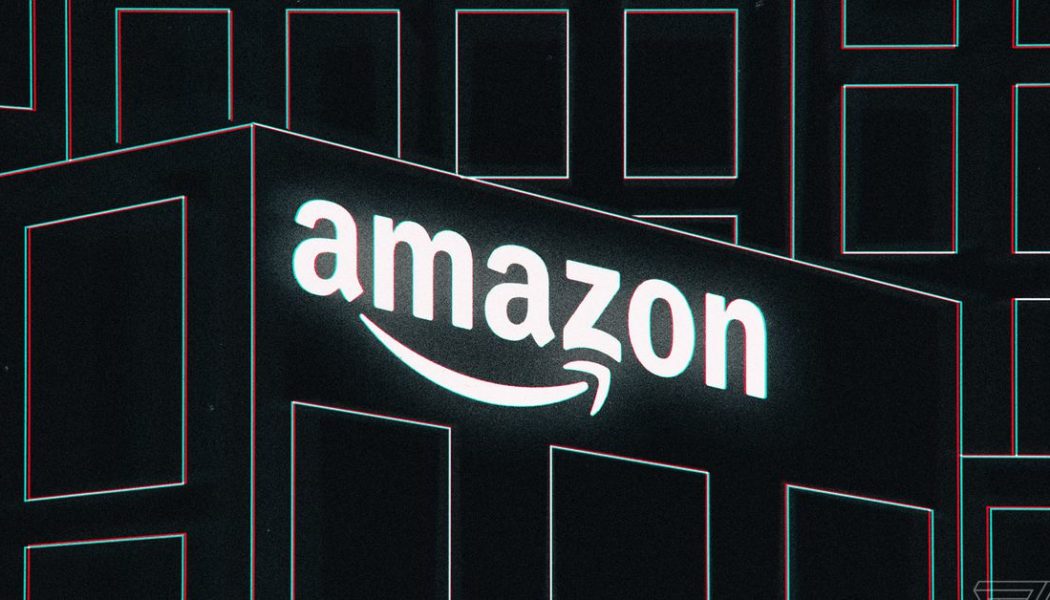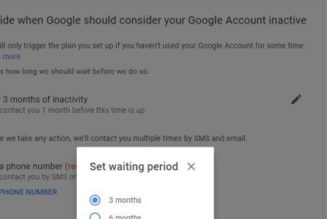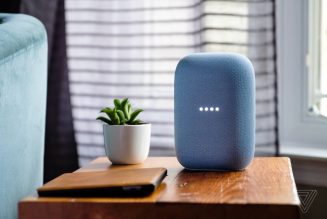
It’s no secret that Amazon owns a wealth of in-house brands that sell everything from affordable tech accessories (Amazon Basics) to e-readers (Kindle). But a new investigation from The Markup sheds new light on just how big this empire has gotten, and makes some troubling allegations about the advantages these brands seem to have over third-party competitors selling on Amazon. It’s a fascinating report that’s well worth a read.
For starters, just working out how many brands Amazon owns is a process that required The Markup to analyse public records from the US Patent and Trademark office. According to its reporting, the ecommerce giant has registered or owns over 150 brands, including some where their connection to Amazon isn’t obvious. But more worrying is that some of these brands, as well as others that sell exclusively on Amazon, seem to have no trouble outranking the competition in search results without getting as many positive reviews:
“The Markup found Amazon placed its Happy Belly Cinnamon Crunch cereal, with four stars and 1,010 reviews, in the number one spot ahead of cereals with better and more reviews including Cap’n Crunch (five stars, 14,069 reviews), Honey Bunches of Oats (five stars, 5,205 reviews), and Honey Nut Cheerios (five stars, 11,702 reviews). A vacuum cleaner from Amazon’s exclusive Noisz brand was placed on top, ahead of models from Bissell, Eureka, and Hoover with higher ratings and more reviews. And the Amazon-exclusive Concept 3sneaker from Skechers placed number one, four spots ahead of a similar but not exclusive to Amazon Skechers sneaker with the same star rating but 77 times more reviews.”
One former Amazon employee interviewed by The Markup alleged that the company’s employees have, in the past, used a tactic called “search seeding” to give its own products an advantage over the competition. Although the former employee, JT Meng, said that the practice had stopped by the time he left the company, he said that employees could effectively clone a competitor’s search ranking to give Amazon’s products a boost at launch:
“Meng worked on the launch for Amazon Elements baby wipes, which he said were seeded against similar products from Huggies, Pampers, and others.
Sales spiked so quickly that his team had to stop promoting the Amazon Elements wipes so they didn’t take too much market share, he said.”
This isn’t the first time we’ve seen allegations about how Amazon’s own brands compete with third-party sellers on its platform (The Wall Street Journal’s reporting from April is a good example). But The Markup’s analysis is notable for the sheer breadth of products analysed, not to mention the empirical data it’s gathered about Amazon’s rankings. The full report is well worth a read alongside the other articles produced as part of its package on Amazon.









